Training and certifications
Exploring training and certifications in the Salesforce universe

One of the great things about Salesforce is that it’s constantly evolving, adding in new functionality all the time. For Salesforce professionals to succeed in their roles, they need to be constantly learning and staying up-to-date with changes in the ecosystem. The good news is that Salesforce is famous for its dedication to learning, offering a number of avenues Salesforce pros can go down to boost their skills and invest in their professional development.
Official Salesforce Certifications are one of the most popular, but there’s also a huge range of course and micro-accreditations you can pursue through self-paced learning platforms like Trailhead.
Learning new skills is not just a fantastic way to develop as a professional, however. It’s also a key aspect of what employers can offer to help increase employee satisfaction, loyalty, and productivity in a highly competitive talent market. In this section, we’ll take a deep-dive into the certifications that Salesforce professionals are earning, what skills they’re looking to build, and what really makes a professional more valuable in the Salesforce universe.
What percentage of candidates hold a Salesforce certification?
-



 Have a certification 82%
Have a certification 82% -



 Do not have a certification 10%
Do not have a certification 10% -



 Currently working towards a certification 7%
Currently working towards a certification 7%
-



 Have a certification 80%
Have a certification 80% -



 Do not have a certification 13%
Do not have a certification 13% -



 Currently working towards a certification 7%
Currently working towards a certification 7%
-



 Have a certification 86%
Have a certification 86% -



 Do not have a certification 9%
Do not have a certification 9% -



 Currently working towards a certification 6%
Currently working towards a certification 6%
The number of certified professionals is now 82%—reflective of the figure from our last survey, and up from 78% in 2023, and 76% in 2022.
Top Salesforce certifications held by candidates
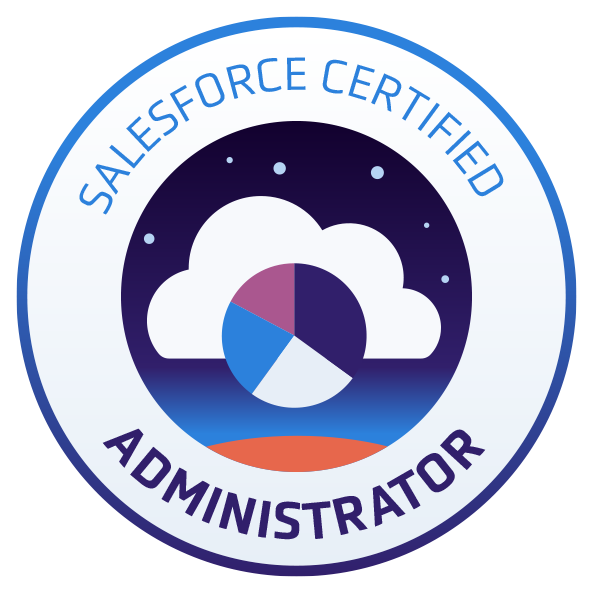

Salesforce Certified
Administrator
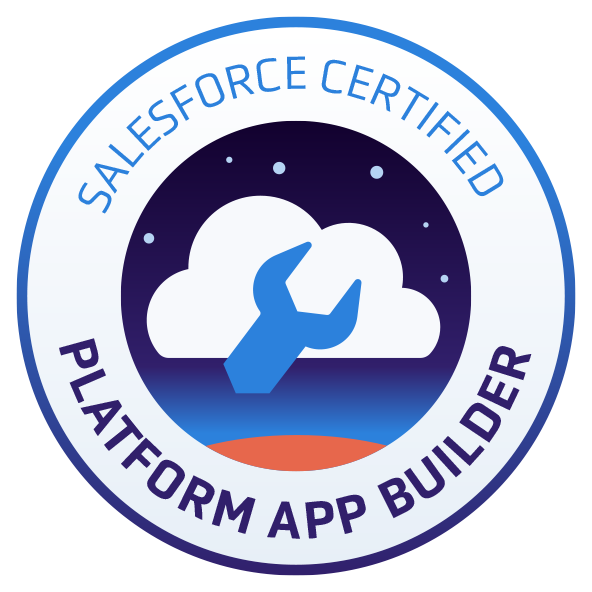

Salesforce Certified
Platform App Builder
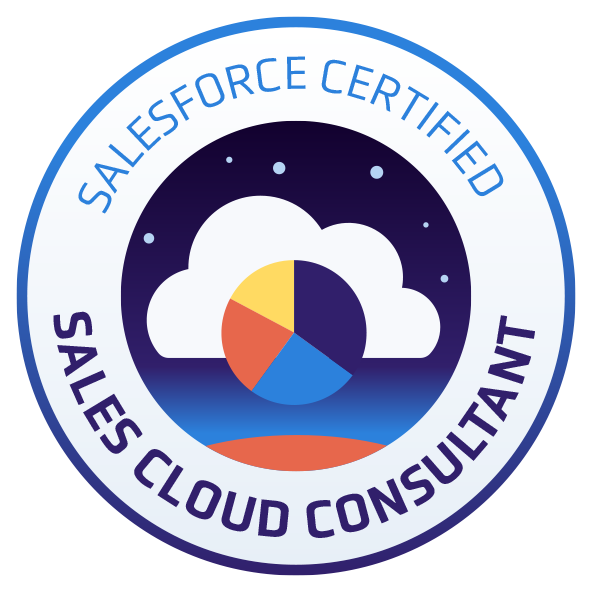

Salesforce Certified
Sales Cloud Consultant
| 4 | Salesforce Certified Platform Developer I | 32% |
| 5 | Salesforce Certified Advanced Administrator | 28% |
| 6 | Salesforce Certified Service Cloud Consultant | 25% |
| 7 | Salesforce Associate Certification | 24% |
| 8 | Salesforce Certified Business Analyst | 21% |
| 9 | Salesforce Certified Sharing and Visibility Architect | 18% |
| 10 | Salesforce Certified Data Architect | 17% |
A whopping 97% of Salesforce certified pros are completing the Trailhead maintenance modules related to their certification.
What other certifications do professionals hold?
Only 6% of respondents hold either a MuleSoft (3%) or Slack (3%) certification, and only a few respondents hold a Tableau certification.
- Top MuleSoft certification held: MuleSoft Certified Developer - Level 1
- Top Slack certification held: Slack Certified Consultant
Does holding a Salesforce certification make you a more valuable professional?
-

 Yes 83%
Yes 83% -

 No 8%
No 8% -

 Not sure 9%
Not sure 9%
The majority (83%) of respondents with certifications believe they make you a more valuable candidate—but this is slightly down from 86% in our previous survey.
Maximizing value: How might certifications make candidates more valuable to employers?
Certifications are a recognized proof of proficiency, adding credibility and showing a base level of competence
“Holding a certification ensures baseline of knowledge for the cert topic. It doesn’t show mastery, but rather an understanding of concepts and terminology.”
Technical Architect, United States
“Certifications are a good way to prove your knowledge, regardless of experience.”
CRM Manager, United States
They are used by hiring managers and recruiters as a validation of skills
“I have been involved in the sourcing and hiring of Salesforce professionals and while working as a Salesforce professional, it is a solid litmus test to weed out the inexperienced or set a training and support plan for newbies. It’s not foolproof…but, overall, certifications are good predictors of success.”
Functional Consultant, United States
“For those that are less familiar with the ecosystem and are hiring Salesforce professionals, it provides a form of validation that gives the hiring manager confidence that a person has expertise in the area(s) he/she is looking for.”
Application Manager, United States
Some businesses often seek certified professionals
“Consultancies desire professionals with certifications and multi-cloud familiarity.”
Director, United States
Undertaking a certification demonstrates a dedication to continued learning and professional development
Certs provide you with knowledge of the platform that you might not otherwise have
“Earning the certification requires you to learn about parts of the product that you may not use on a regular basis. It also shows to the industry that you have achieved a certain benchmark.”
CRM Manager, United States
Obtaining a certification allows you to stay current with technological advancements and industry standards
“A Salesforce certification is the first step to demonstrating my expertise and commitment to the platform, ensuring I am up to date with best practices and industry standards.”
Project Manager, Switzerland
Certs coupled with experience is more valuable
“I believe that, coupled with practical hands-on experience, certifications demonstrate your knowledge of Salesforce best practices and expertise in the area you are certified in.”
Technical Architect, United States
Summarizing the sceptics: Why don't respondents believe that certifications make candidates more valuable to employers?
- Practical experience with Salesforce holds greater significance
- Certifications do not necessarily demonstrate actual ability
- Obtaining a certification merely indicates proficiency in taking exams
“Professional experience and a corresponding project portfolio are more important than holding a certification.”
Solution Architect, Germany
What are the main benefits you can gain from undertaking a certification?
| A way to verify my skills with Salesforce products | 58% |
| Better career progression opportunities | 47% |
| Better marketability to employers/enhanced professional profile | 44% |
| Recognition from my employer that my skills adhere to a professional standard | 42% |
| Increased efficiency at my job | 40% |
| Improved and increased industry knowledge | 40% |
| Added skills and value to my organization | 40% |
| More trust from my employer | 31% |
| A transferable industry qualification | 30% |
| More respect from co-workers | 30% |
How does gaining a certification impact on your salary?
-

 I believe my salary has increased since gaining a certification 65%
I believe my salary has increased since gaining a certification 65% -

 I haven't experienced a change in my salary since gaining a certification 35%
I haven't experienced a change in my salary since gaining a certification 35%
Those who reported earning a salary increase post-certification received an average raise of 18%, that’s a decrease of 2% from our last survey.
Are employers contributing towards the cost of certifications?
-



 Yes, they paid for my certifications in full 58%
Yes, they paid for my certifications in full 58% -



 Yes, they partially paid for my certifications 16%
Yes, they partially paid for my certifications 16% -



 No, I paid for my certifications 23%
No, I paid for my certifications 23% -



 Other 4%
Other 4%
-



 Yes, they paid for my certifications in full 53%
Yes, they paid for my certifications in full 53% -



 Yes, they partially paid for my certifications 13%
Yes, they partially paid for my certifications 13% -



 No, I paid for my certifications 29%
No, I paid for my certifications 29% -



 Other 5%
Other 5%
-



 Yes, they paid for my certifications in full 62%
Yes, they paid for my certifications in full 62% -



 Yes, they partially paid for my certifications 21%
Yes, they partially paid for my certifications 21% -



 No, I paid for my certifications 14%
No, I paid for my certifications 14% -



 Other 2%
Other 2%
What Salesforce certifications can boost your pay?
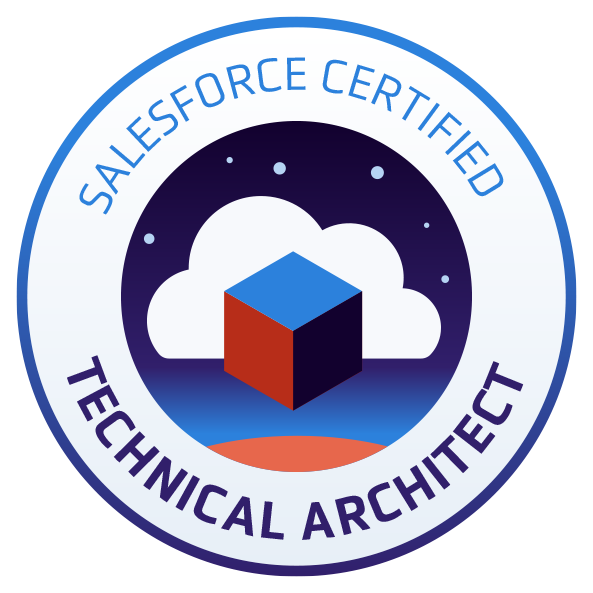

Salesforce Certified
Technical Architect
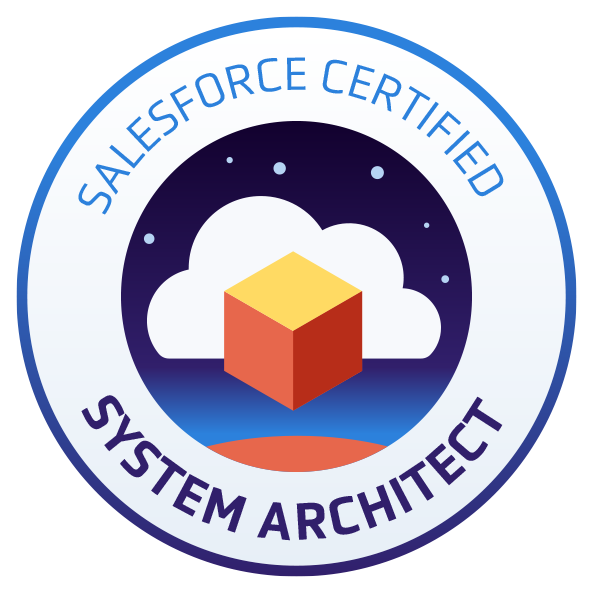

Salesforce Certified
System Architect
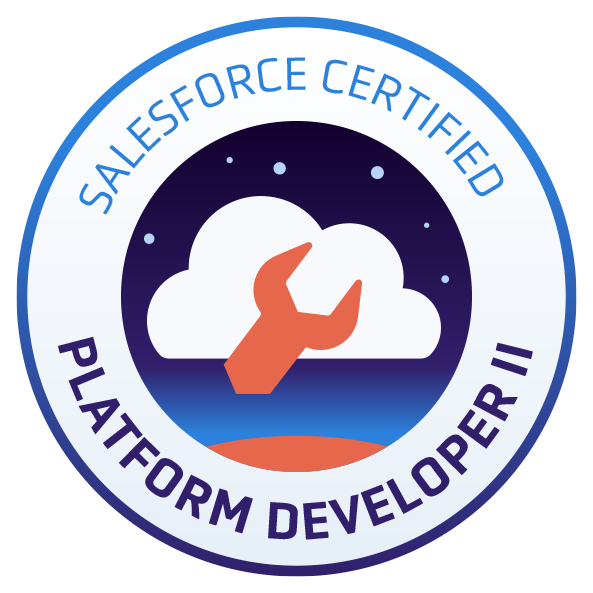

Salesforce Certified
Platform Developer II
| Salesforce Certified Application Architect | |
| Salesforce Certified Platform Developer I | |
| Salesforce Certified Integration Architect | |
| Salesforce Certified CPQ Specialist | |
| Salesforce Certified Advanced Administrator | |
| Salesforce Certified Data Architect | |
| Salesforce Certified Javascript Developer I |
What motivates a Salesforce professional to get certified?
| Paid time off to attend training or study | 54% |
| Employer funding for certifications | 45% |
| Discounted certifications | 34% |
| The promise of a pay increase after gaining certification | 34% |
| The incentive of a promotion or a new role after gaining certification | 30% |
| If it was a requirement of my role | 29% |
| The incentive of learning new skills | 25% |
| None of the above | 11% |
| Other | 2% |
What are the barriers to achieving a certification?
What training and development would Salesforce professionals like?


Artificial Intelligence (AI) and machine learning training


Training and certifications in project management methodologies such as PRINCE2 or PMP, as well as Agile/Scrum methodologies


Leadership and management training
| Data-driven decision making | |
| Strategic planning and goal-setting | |
| Change management strategies and techniques | |
| Cybersecurity training and certifications | |
| Training in communication and interpersonal skills, including public speaking | |
| Negotiation and conflict resolution techniques |
| Risk management and contingency planning | |
| Training to improve emotional intelligence | |
| Time management techniques | |
| Diversity, equity, and inclusion training | |
| Customer service skills | |
| Other |
Note for employers
Supporting your employees’ development and helping them build new skills is a win-win for both professionals and their organizations. With new technologies emerging all the time, making sure your employees stay ahead of the curve will enable you to access the skills you need on your team to deliver for your customers and stay competitive in your industry.
A robust learning and development strategy will help on the talent front too. The best Salesforce talent is constantly itching to learn new things, get to grips with new features and products, and grow their careers in exciting directions. Offering training and upskilling opportunities throughout your Salesforce professionals’ careers is vital if you want to hold on to skilled people.
Whether you’re paying for certifications or giving professionals dedicated time to learn, investing in development now will pay off in spades over time, putting you in pole position to attract and retain great talent that will grow with your business.
Note for job seekers
LinkedIn poll
*Data from a poll conducted on Mason Frank’s LinkedIn in July 2024.
Conclusion
Certification remains a massive priority for Salesforce professionals, with 9/10 respondents either holding one or working towards one. And with 83% believing that certifications make you a more valuable professional, it’s easy to see why they continue to be so popular.
Certifications have always been a useful tool for employers, helping them add skills to their team and size up the expertise of potential candidates when hiring. And with almost two-thirds of certified professionals stating that they received a pay increase after earning their accreditation, it appears that organizations are rewarding their employees for their dedication to upskilling.
One way employers could show their appreciation for this commitment to upskilling even more, however, is by providing employees with more time to work on their professional development. Despite a significant 58% of employers now funding their professionals’ certifications in full, it seems that many budding learners are struggling to find the time to study. In fact, 47% of professionals told us that they’d started studying for a certification but had to give up before taking the exam, up from 38% last year. Sixty-one per cent of these respondents cited a high workload as the main reason they’d been unable to find time to learn. And with 54% of respondents citing paid time off to study as the thing that would most encourage them to earn a certification, it’s clear that making sure professionals have dedicated and protected L&D time is key to helping professionals grow and bring new skills into their team.
Why not explore even more of our content:


Skills and experience
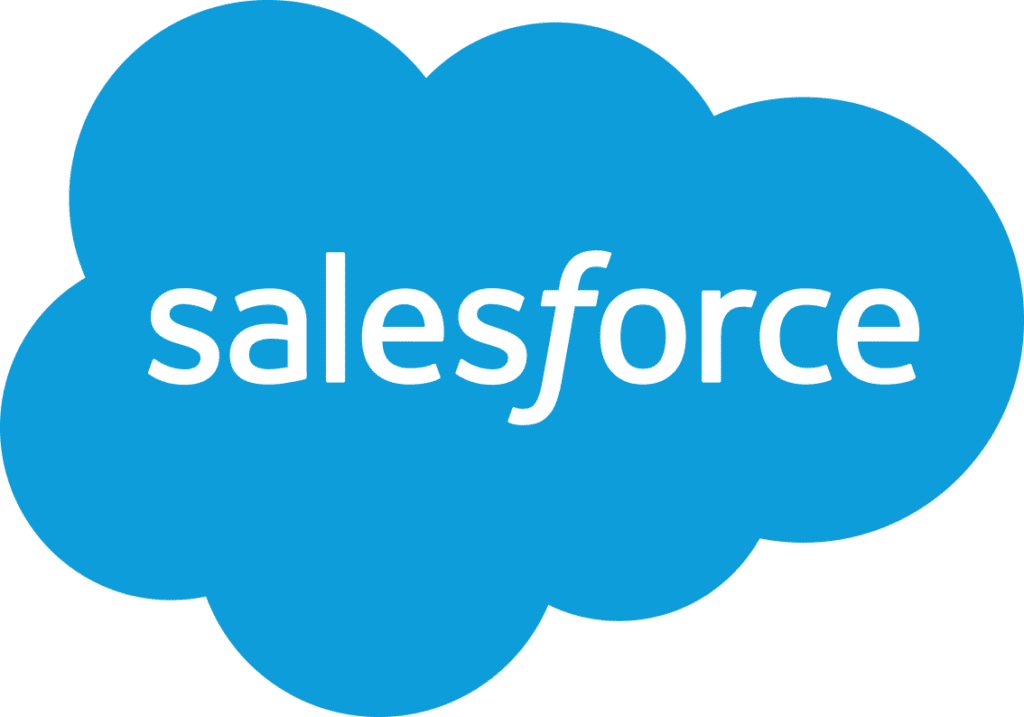

Where to go to learn about Salesforce
Salesforce Trailhead
MASON FRANK’S
CAREERS AND HIRING GUIDE
KEY FINDINGS 2025



